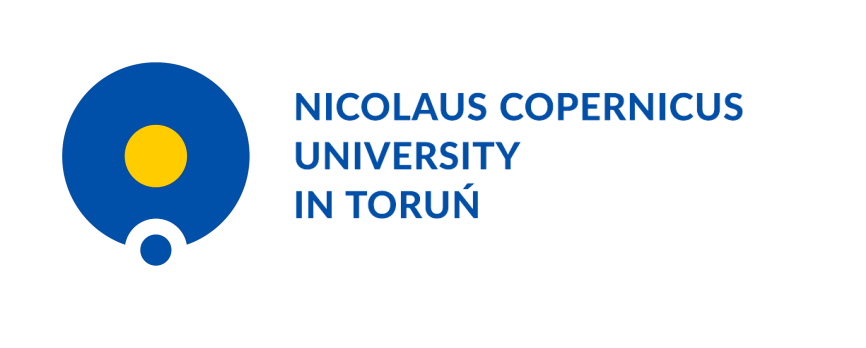Ecology and Biodiversity
Ecology and biodiversity includes the areas: ecology, biodiversity conservation and evolutionary biology. Team leader: prof. dr hab. Krzysztof Szpila
Ecology is a science that investigates processes affecting the distribution and quantity of organisms at different space and time scales. There are two essential concepts behind this definition. The first is that ecology is a scientific discipline and, therefore, subject to all critical, analytical, but also ethical standards of modern scientific research. Thus, scientists must try to explain the world around us and pass this knowledge to the next generations. In the case of ecology, taking care of the research object is also extremely important.
For this reason, nature conservation and ecology as a primary discipline are closely linked. The second important implication arising out of the definition is multidisciplinarity. The first scientists dealing with ecological issues were taxonomists, evolutionists, biogeographers. This approach is also visible in our emerging field. Research programs the team implements relate to taxonomy, biogeography, evolutionary biology, hydrobiology, macroecology, and applied statistics. At the basis of all this research, there still lies the question about ecological and evolutionary processes that lead to such a spectacular diversity of organisms as we see today. Our approach entails the implementation of large projects, which in modern science cannot be conducted without international collaboration. Members of the “ecology & biodiversity” team collaborate with numerous scientific institutions from almost all continents. We hope that this approach will bring us closer to answering the questions that have troubled scientists for centuries.
We apply many tools and concepts of modern biology in our work to explore biodiversity at different time and space scales and to explore interactions between organisms and the environment in which they occur and evolve. We research terrestrial and aquatic organisms, plants, and animals with the use of state-of-the-art research procedures, such as molecular, geographic (GIS), visual (SEM, 3D microscopy, AFM atomic force microscopy, digital image analysis), experimental, underwater, bioinformatic and statistical methods. The issues under research include behavioural ecology, molecular phylogenetics and its application in ecological and evolutionary research, classical and applied taxonomy of living organisms, hydrobiology, theoretical and evolutionary macroecology, ecological and evolutionary physiology, biological invasions, practical nature conservation.
Prof. dr hab. Krzysztof Szpila – Head of the Department of Ecology and Biogeography at the Faculty of Biological and Veterinary Sciences, Nicolaus Copernicus University. His research interests focus on the morphology, systematics and phylogeny of higher flies with particular emphasis on groups of medical and veterinary importance. The subject of morphology and evolution of larval stages has a particular place in his oeuvre. He has so far received funding for six national research projects (State Committeefor Scientific Research: 1999; Ministry of Science and Higher Education: 2005; National Science Centre: 2013, 2016, 2019) which he has implemented or continues to implement with excellent publication efficiency. He has repeatedly served as a panel member in competition proceedings organized by the National Science Centre. He has also worked on several international projects implemented together with a broad group of researchers and a range of scientific institutions. He collaborates on an ongoing basis with the University of Copenhagen (Natural History Museum of Denmark), Natural History Museum in London, North Carolina State University, Tehran University of Medical Sciences, the University of Wollongong. He is an active member of the European Association for Forensic Entomology in which he served as a board member between 2010-2013. He conducted field studies in Australia (x3), Spain, Iran (x4), Israel (x3), Namibia, Russia, Uzbekistan, the United Arab Emirates and Ukraine (x2). For the last ten years, he has been the organizer of highly popular international workshops on the species identification of flies significant for medical and judicial purposes. Two doctors he promoted (Dr Andrzej Grzywacz, Dr Radosław Puchałka) continue their scientific careers with great success. Krzysztof Szpila is also Vice-President of the Autism Support Association in Toruń and has been a member of the Marathon Club at NCU for many years.


 ul. Gagarina 7, 87-100 Toruń
ul. Gagarina 7, 87-100 Toruń